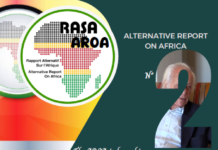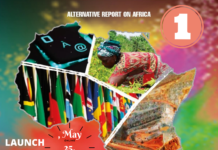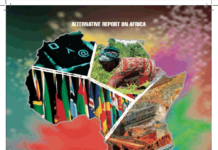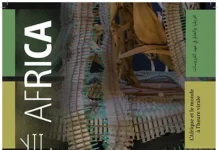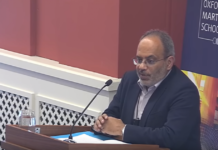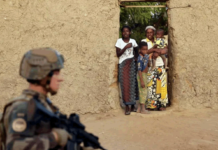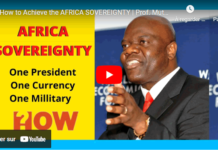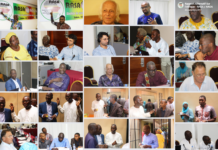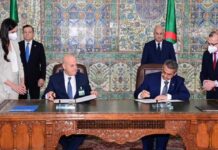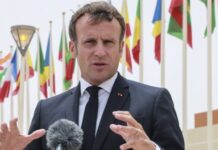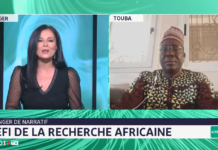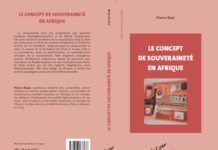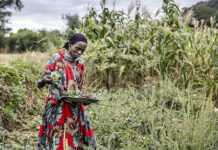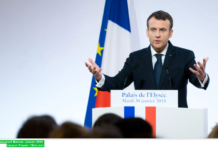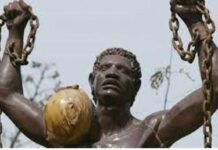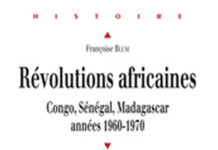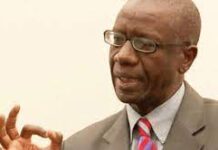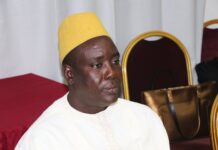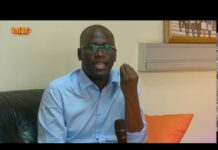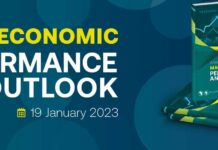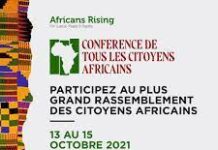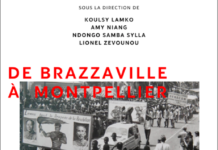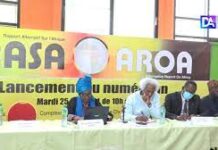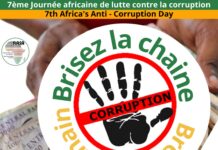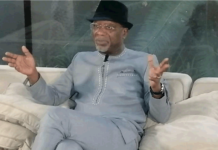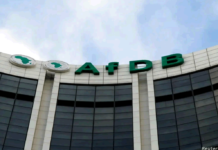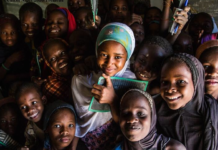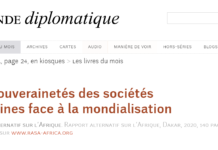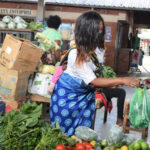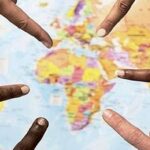November 02, 2020
On analysis, Ousmane Sonko is the driving force behind this turn in the Senegalese political game. Indeed, this reshuffle/expansion of the electoral base of the President of the Republic paradoxically bears the mark of a fear of the rise of a radical opponent who can federate discontent and signs of wear and tear of the current regime that can be imagined to grow with this second term. President Macky Sall can hope to guarantee his back by letting an enlarged majority (the two front-runners in the last election) and his alliance with a political wizard take power after him. The bet he makes may be more favorable than relying on a leader of his party who would have to build legitimacy at the end of his term. This reshuffle further clarifies the distribution of ideological positions, even if at first glance it is only a political cosmetic. The socialists and liberals who have been running our country for 60 years are playing their conservative game while the movement that will be built around Sonko is playing the renewal of a left-wing, sovereignist and patriotic progressism. THESE TWO CAMPS ARE NOW MORE CLEARLY DEFINED. In fact, the political agreement that is beginning is not based on any common program, but it can provide Senegal with a certain stability, as can be observed cyclically after periods of electoral tension. Thus, after May 1968 and the economic difficulties of the early 1970s, there was a gradual opening up to a full multiparty system. The protests of 1988 brought the 1991 expanded government and the relative stability that followed into limbo. The national conference was to be a similar response to the breakdown of the alliance that brought Abdoulaye Wade to power. The famous « national dialogue » should have played the same stabilizing role if it was sincere and sought to build consensus on a societal project and reforms that transcend political mandates. But if we can hope for relative political stability with this reshuffle, unlike several countries in the sub-region, we cannot hope for radical breaks in development policies. Economic conservatism, the extroverted, indebted and impoverishing model, is likely to govern us for a long time to come.


